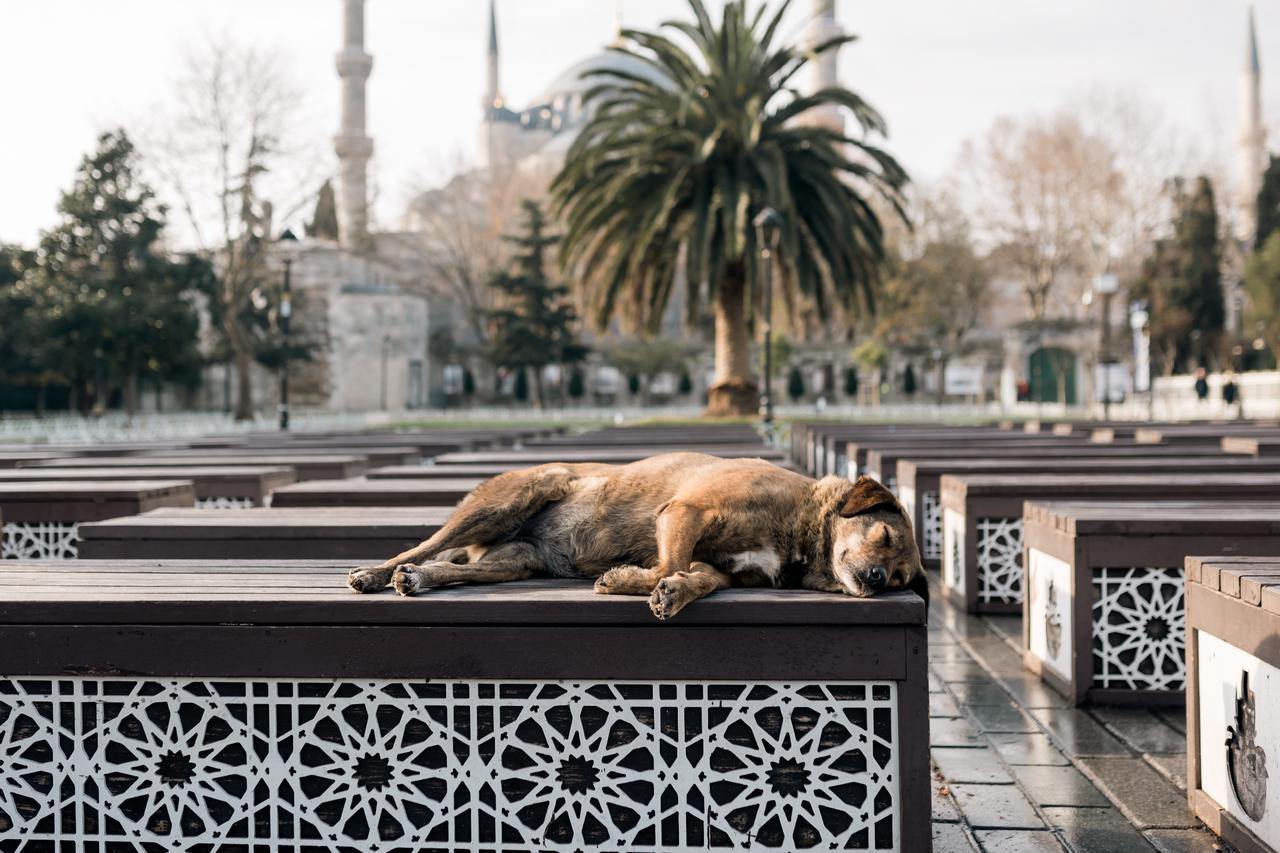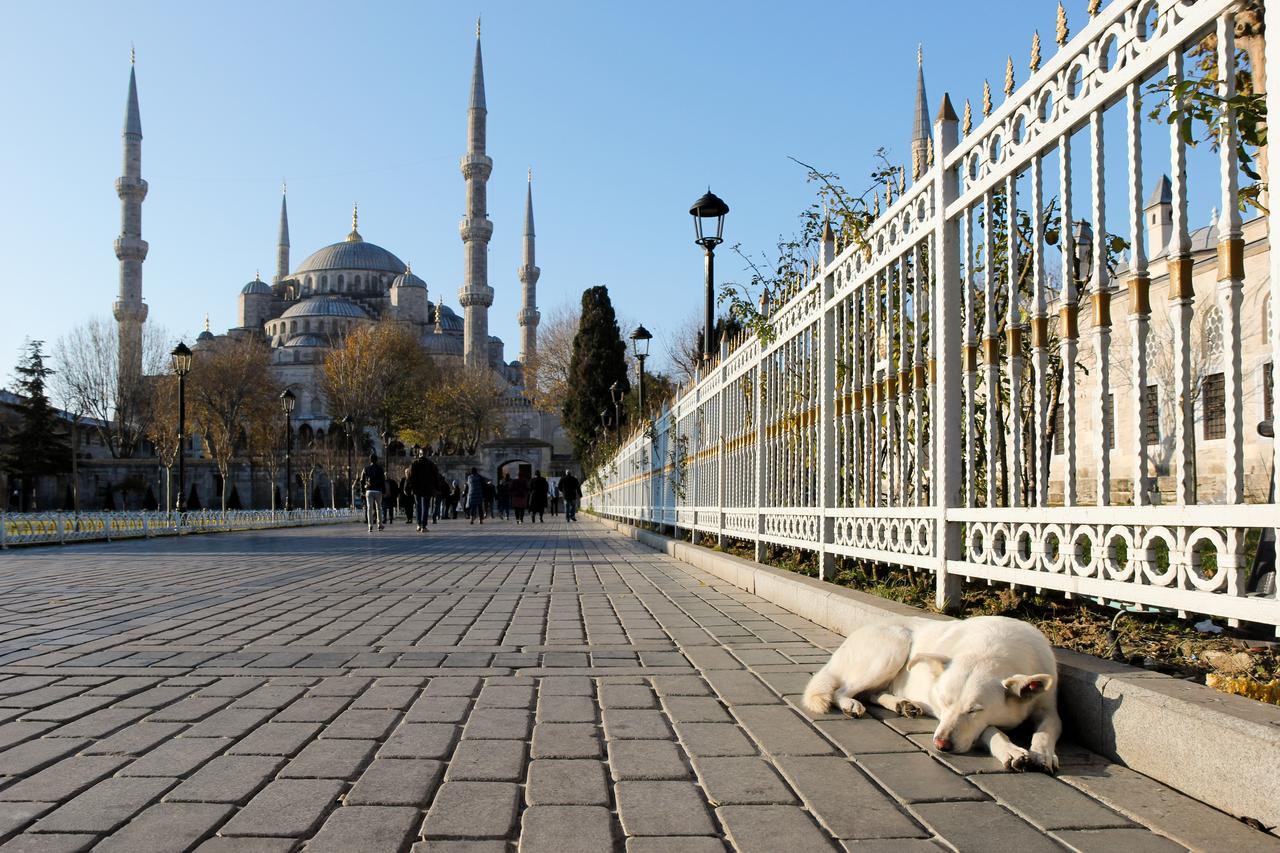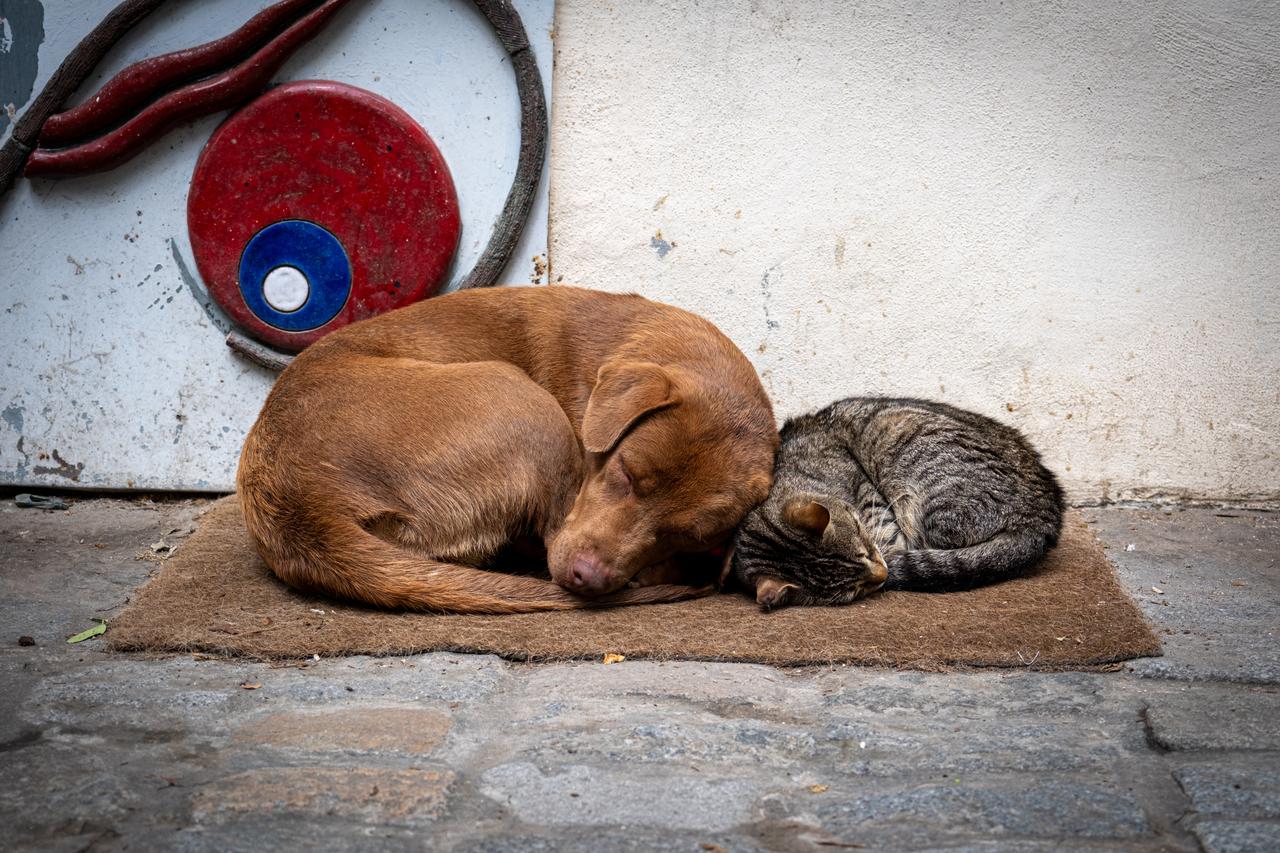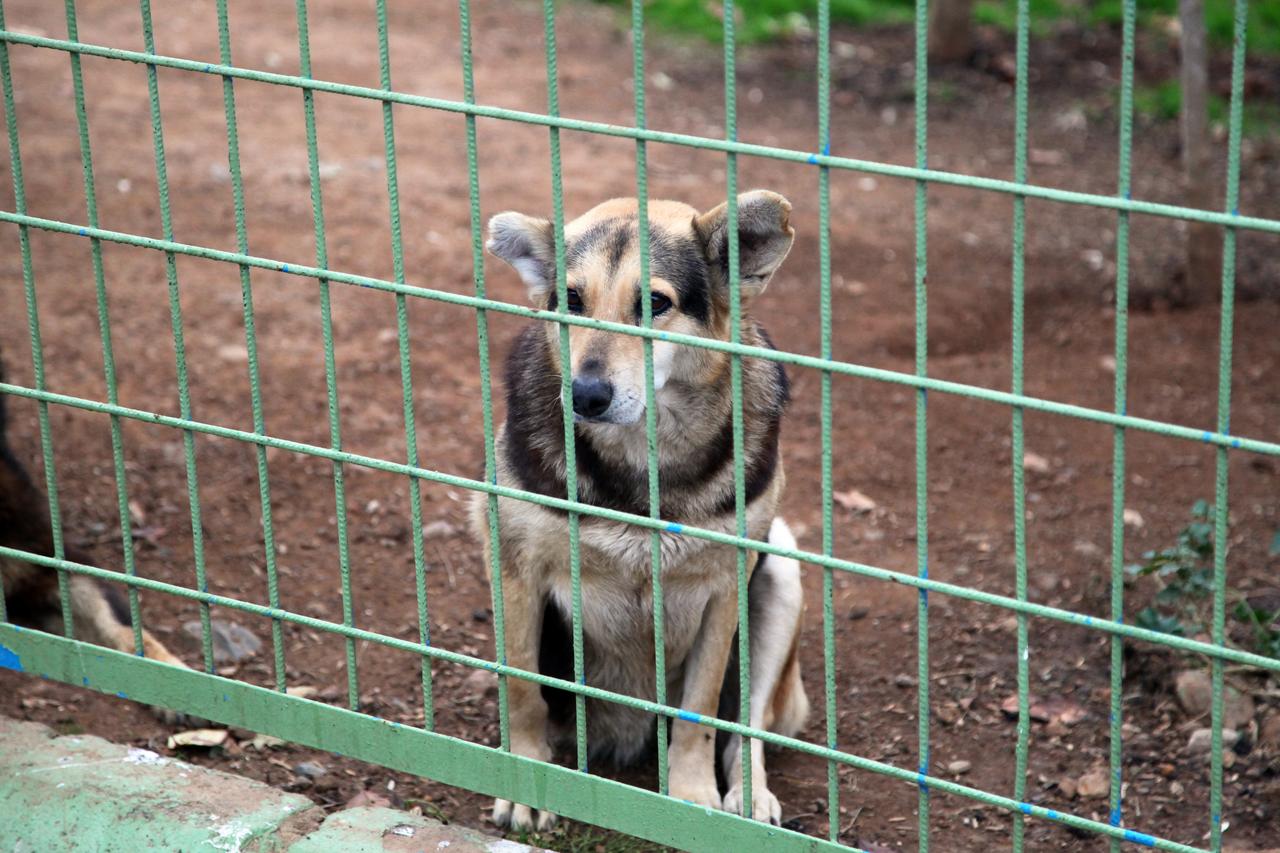
The Istanbul Governor’s Office has ordered local authorities to collect stray dogs from public areas before the start of the new school year.
The directive, signed by Governor Davut Gul, was sent to the Istanbul Metropolitan Municipality and 39 district governorates on Thursday morning.
The circular warned that complaints about stray dogs had increased during the summer and stressed risks for children as schools prepare to open.
“As schools are about to open, especially in some areas where dogs roam in packs, citizens’ safety is under threat. It is expected that these complaints and grievances will increase with the start of the school year,” the statement said.
The governor emphasized that stray animals must be collected under the existing Animal Protection Law and transferred to shelters.
“In all areas of the city, especially around schools and other crowded places, stray animals must be collected urgently in line with current regulations to protect public order, public health, and safety,” the circular read.
The order was also sent to police, gendarmerie, forestry and environment directorates, and other provincial institutions.

The governor’s call builds on amendments to the Animal Protection Law that took effect on Aug. 2, 2024.
The law requires municipalities to collect stray dogs and hold them in shelters until they are adopted. It also permits euthanasia for animals considered dangerous, contagious, or uncontrollable, if approved by a veterinarian.
This marked a departure from the previous system, which obliged municipalities to neuter, vaccinate, and return stray dogs to their original locations.
That “trap, neuter, return” method, in place since 2004, was abolished.
Local administrations now have until Dec. 31, 2028, to establish or expand shelters capable of housing the dogs.
The law contains 17 articles and also sets rules for shelter management, adoption, and registration. The most disputed provision was Article 5, which allows killing dogs deemed dangerous under veterinary oversight.
Although lawmakers removed the explicit word “euthanasia” from the text, opposition parties and rights groups argued that the law still opens the way for large-scale killings.

The legislation was passed in parliament in July 2024 with support from the ruling Justice and Development Party (AK Party) and its ally Nationalist and Movement Party (MHP), despite strong objections from opposition lawmakers and animal rights groups.
The main opposition Republican People's Party (CHP) leader, Ozgur Ozel, said at the time that his party would appeal to the Constitutional Court with a request for suspension of the law’s enforcement.
The appeal was heard on May 7, 2025.
The court rejected the request, keeping the law in force. Some articles were rejected unanimously, while others were rejected by majority vote.
The ruling was met with protests outside the court in Ankara.
Demonstrators held banners, chanted slogans, and clashed with police as they attempted to move toward the main entrance.
Lawyer Tugba Gursoy told BBC Turkish, “For 10 months, we all witnessed how these animals were killed. This decision was taken against science, law, and the constitution.”
The Ankara Bar Association also opposed the law, saying it violated European Court of Human Rights rulings, U.N. environmental standards, and animal rights conventions.
In its written opinion submitted to the court, the bar said “hundreds of animals” had already died since the law came into effect and warned of irreversible harm to public interest.

Animal rights organizations argue that Türkiye does not have the shelter capacity to implement the law without mass killings.
According to activists, there are an estimated 4 million stray dogs in the country, and most municipalities lack the resources to provide safe and humane facilities by 2028.
Some activists described the legislation as a “massacre bill.” Haydar Ozkan, head of the animal rights confederation DIHKONFED, told BBC Turkish, “From Aug. 2 until now, animals have been killed by municipalities and some individuals. The court’s ruling legalizes this massacre. From now on, it will continue to increase.”
The government argues that the law is necessary for public health and safety.
Supporters say the old system failed, and the new framework will allow municipalities to manage dog populations in a controlled way.